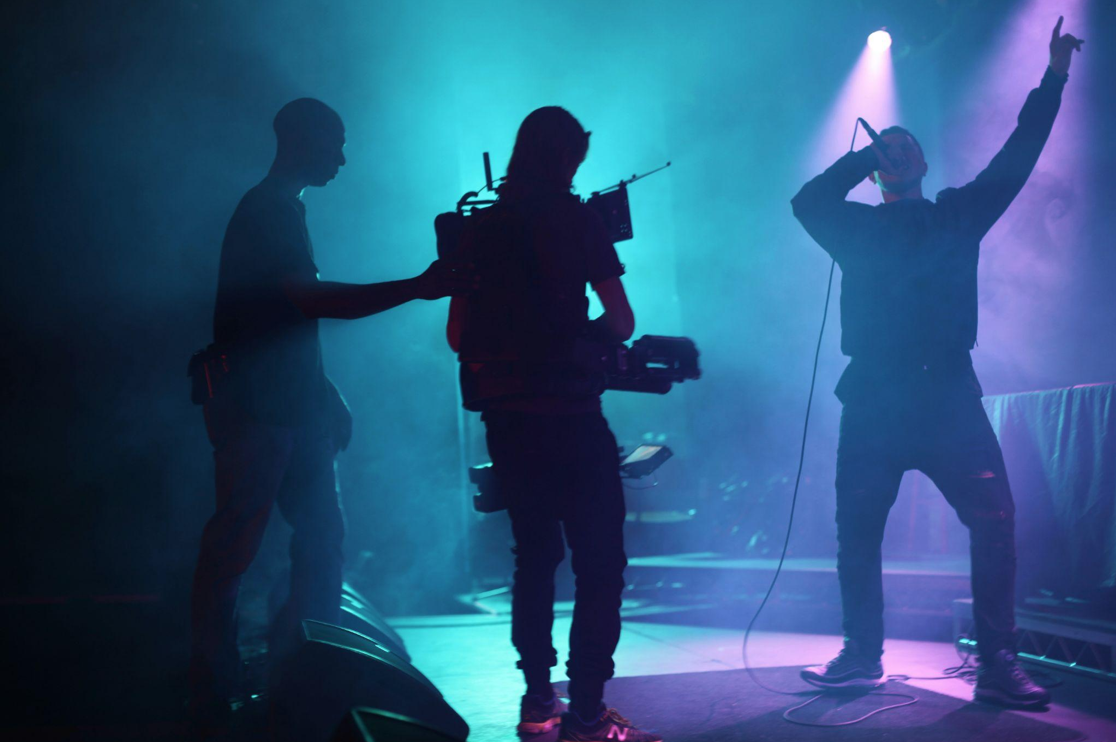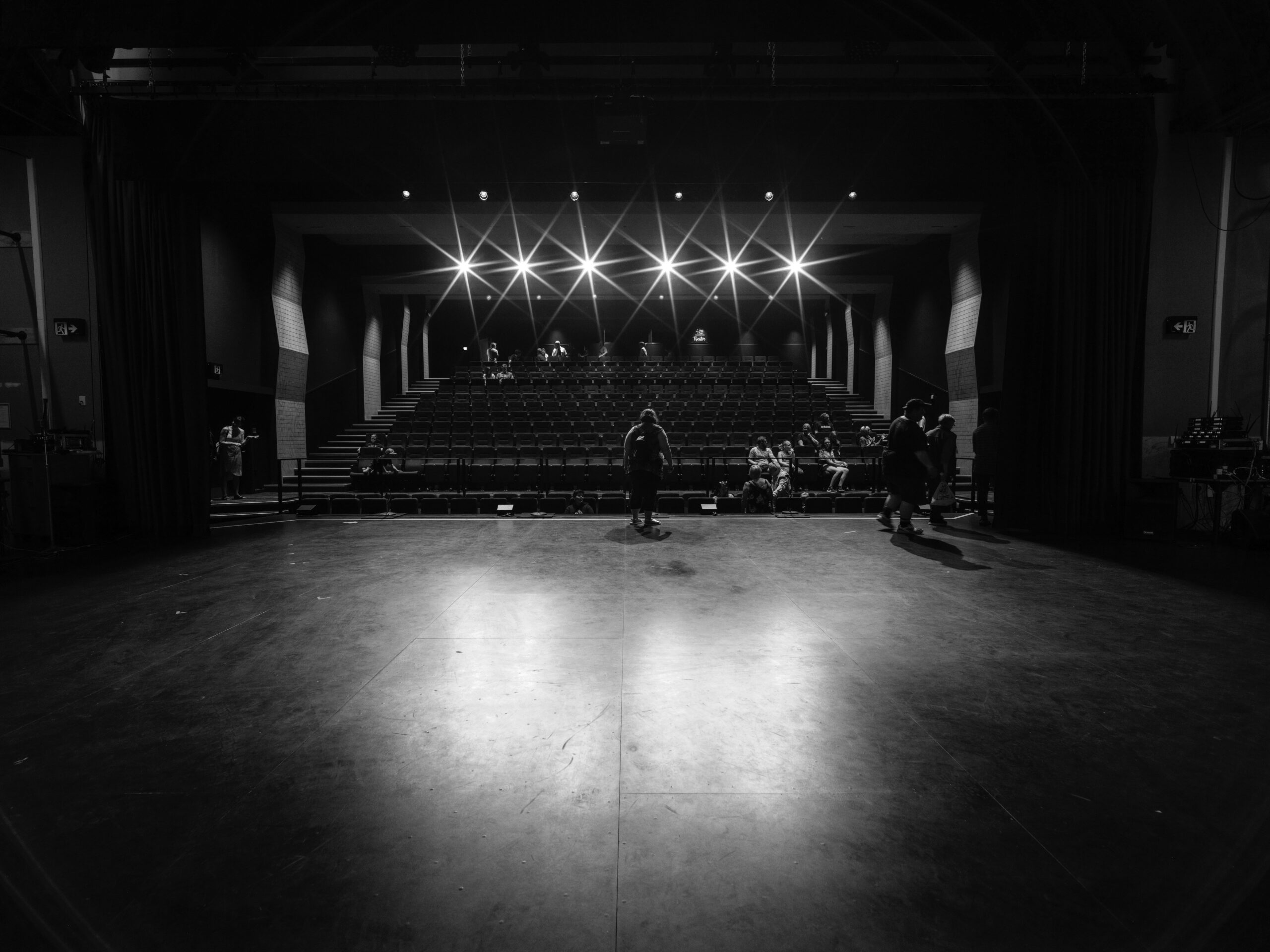
Famous recording artist, Lizzo, filed a preemptive lawsuit on October 23rd, 2019 to disprove allegations that Justin and Jeramiah Raisen and Justin “Yves” Rothman deserve author credit for her song, “Truth Hurts.”[1] Lizzo is seeking a declaratory judgment that the alleged authors have no interest in the copyright or right to share profits.[2] The Raisens and Rothman claim that the lyric “I just took a DNA test, turns out I’m 100% that bitch”, which originated from a popular internet meme, was a part of an unreleased demo, which Lizzo recorded at the Raisen’s studio, and on the final track. [3] Lizzo claims that Rothman believes that she will pay him to stop making accusations against her, simply because he was present at a writing session for the demo track. [4]
The complaint addresses that the core issue is whether the Raisens and Rothman co-own “Truth Hurts” and are entitled to share in the profits earned from the work.[5] This turns on an inquiry into whether or not the parties are joint authors in the work.
Under § 101, the definition section of the Copyright Act, defines a “joint work” as “a work prepared by two or more authors with the intention that their contributions be merged in inseparable or interdependent parts of a unitary whole.”[6] The keyword being “authors.” [7]
Erickson v. Trinity Theatre provides that two or more parties must show intentional collaboration and an independently copyrightable contribution for each individual to establish joint authorship.[8] Even if parties collaborate, the final product can be considered a joint work only if the collaborators are authors.[9] The test for evaluating the contributions of authors claiming joint authorship requires that each author’s contribution be a copyrightable work of authorship.[10] That contribution must be more than just direction or ideas.[11] While considering the contributions on one hand, another important factor is about the participants intent to be joint authors.[12] Aalmuhamed v. Lee elaborated; “the authors must intend their contributions be merged into inseparable or interdependent parts of a unitary whole.”[13] There, the court held that a consultant for a movie was not a joint author despite his contributions being valuable to the movie and his edits even being independently copyrightable.[14] The primary reason is that none of the parties “made any objective manifestations of an intent to be coauthors” prior to litigation.[15] Following that reasoning in Childress v. Taylor, an actress who helped a playwright by doing research for the play’s subject and made suggestions based on the research was not found to be a joint author because there was no evidence that both parties shared the actress’ intent to be joint authors in the play.[16]
The Raisen’s and Rothman will likely not be considered joint authors in “Truth Hurts” because of the nature of their alleged contribution and their indications showing a contrary intent to be joint authors.
Lizzo co-wrote “Truth Hurts” in 2017 and released it in September of that same year.[17] The Raisens do not claim they collaborated in creating truth hurts, but claim to co-own the song because of the lyric; “I just took a DNA test, turns out I’m 100% that bitch” together with a melody that was contained in an unreleased demo song that Lizzo worked on at the Raisens’ studio.[18] Lizzo asserts that Rothman and “the Raisens did not write any part of the material in question; they did not come up with the idea of including the lyric in the unreleased demo; they did not help Lizzo decide how to sing the lyric in the unreleased demo; and they do not co-own that work.”[19] Moreover, The Raisens have conceded that the source of the lyric was a meme. [20] On the face of the claim, it does not appear that the defendants even contributed the lyric, regardless of whether or not that lyric can be copyrighted itself. The Raisens did not come up with the lyric themselves[21], however, even if they are the ones who found the source of the lyric and brought it to Lizzo, they still did not make any decisions as to how the lyric would be “translated” and “fixed” into the final track.[22] If there was a contribution by them, it would be a mere idea and not enough to pass the test under Erickson.[23]
There must also be intention of both parties to be joint authors. The evidence suggests that there was no manifestations of intent from either party.[24] On April 2, 2019 and April 4, 2019 The Raisens expressly withdrew any claim to the song in writing “that they were making no claims to the work.” [25] During a phone call, Justin Raisen agreed that he and his brother had nothing to do with the lyric and again “On August 1st, 2019, The Raisens’ publisher confirmed that the Raisens were making no claims to the work. ”[26] Only on September 4, 2019, after the song hit “No. 1 on the Billboard Hot 100”, did the Raisens make their allegations again.[27] Rothman claims that he attended the writing session for the same unreleased demo of the work, but until October 14, 2019, he never made claims to any part of the work since its release in 2017.[28] The Raisens previously made affirmative indications that they are not co-authors, the opposite of the required intent. Rothman simply failed to make any indications of an intent to be an author. Both the defendants seem to have made their current manifestations merely because of a potential financial opportunity from the success of the record. The required contribution and intention from the parties is not present in the complaint and it is unlikely that a court will hold that they are joint-authors for the purposes of being entitled to share in the profits earned from “Truth Hurts.”[29]
Justin R. Levy is a Second Year Law Student at the Benjamin N. Cardozo School of Law and a Staff Editor at the Cardozo Arts & Entertainment Law Journal. Justin is interested in music law and real estate law. Justin is also the current Vice President of the Real Estate Law Association at Cardozo. During his free time, Justin produces music under the alias JSTN RUBY.
[1] Bill Donahue, Lizzo Fights ”Truth Hurts” Plagiarism Claims With Lawsuit, Law 360 (Oct. 23, 2019), https://www.law360.com/media/articles/1212776/lizzo-fights-truth-hurts-plagiarism-claims-with-lawsuit.
[2] Id.
[3] Id., Jon Blistein, Lizzo Sues Songwriters Claiming Stake in ‘Truth Hurts’, Rolling Stone (Oct. 23, 2019), https://www.rollingstone.com/music/music-news/lizzo-lawsuit-truth-hurts-songwriting-902891/.
[4] Id.
[5] Complaint for Declaratory Judgement at 8, Jefferson v. Raisen, No. 2:19-cv-09107 (C.D. Cal. filed Oct. 23, 2019).
[6] 17 U.S.C. § 101.
[7] Id.
[8] Erickson v Trinity Theatre, Inc., 13 F.3d 1061 (7th Cir. 1994).
[9] Erickson v Trinity Theatre, Inc., 13 F.3d 1061 (7th Cir. 1994).
[10] Id. at 1070-1071.
[11] Id. at 1071 (Describing the “Author” as “the party who actually creates the work, that is, the person who translates an idea into a fixed, tangible expression entitled to copyright protection.”).
[12] Childress v. Taylor, 945 F.2d 500 (2d Cir. 1991) (Citing 17 U.S.C. § 101, “absence of contractual agreements concerning listed authorship, consideration of whether each participant intended that all would be identified as coauthors may be useful in determining whether joint authorship was intended for purposes of creating “joint work” under Copyright Act.”).
[13] Aalmuhammed v. Lee, 202 F.3d 1227, 1231 (9th Cir. 2000).
[14] Aalmuhammed v. Lee, 202 F.3d 1227 (9th Cir. 2000).
[15] Id. at 1235.
[16] Childress v. Taylor, 945 F.2d 500 (2nd Cir. 1991).
[17] Complaint for Declaratory Judgement at 3, Jefferson v. Raisen, No. 2:19-cv-09107 (C.D. Cal. filed Oct. 23, 2019).
[18] Id. at 4.
[19] Id. at 4, 7.
[20] Id. at 4.
[21] Id.
[22] Supra at note 8.
[23] Supra at note 11.
[24] Supra at note 13.
[25] Complaint for Declaratory Judgement at 3, Jefferson v. Raisen, No. 2:19-cv-09107 (C.D. Cal. filed Oct. 23, 2019).
[26] Complaint for Declaratory Judgement at 4, 5, Jefferson v. Raisen, No. 2:19-cv-09107 (C.D. Cal. filed Oct. 23, 2019).
[27] Complaint for Declaratory Judgement at 6, Jefferson v. Raisen, No. 2:19-cv-09107 (C.D. Cal. filed Oct. 23, 2019).
[28] Complaint for Declaratory Judgement at 2, 7, Jefferson v. Raisen, No. 2:19-cv-09107 (C.D. Cal. filed Oct. 23, 2019).
[29] Complaint for Declaratory Judgement at 8, Jefferson v. Raisen, No. 2:19-cv-09107 (C.D. Cal. filed Oct. 23, 2019).



